Central America
Salvadoran Government reduces by half the homicide rates of the last 10 years

President Nayib Bukele’s government has reduced homicides by 50% when compared to those registered during the last two administrations. While the FMLN governments were in office, data shows that the annual number of murders averaged 4,000.
That figure differs completely from the one registered during the current administration, thanks to Territorial Control Plan. Between January 1 and December 9, 2020, a total of 1,249 murders were reported in El Salvador. This means that there were 2,751 fewer deaths than in each year of the FMLN’s administration. More than a 50% reduction.
Therefore, in El Salvador the daily average of homicides is 3.8, thanks to Territorial Control Plan and Mauricio Arriaza’s job as director of the PNC. While in the FMLN administration there were five police directors, the average daily death toll was as high as 16 homicides.
Central America
Mexico’s president proposes regional economic summit at CELAC
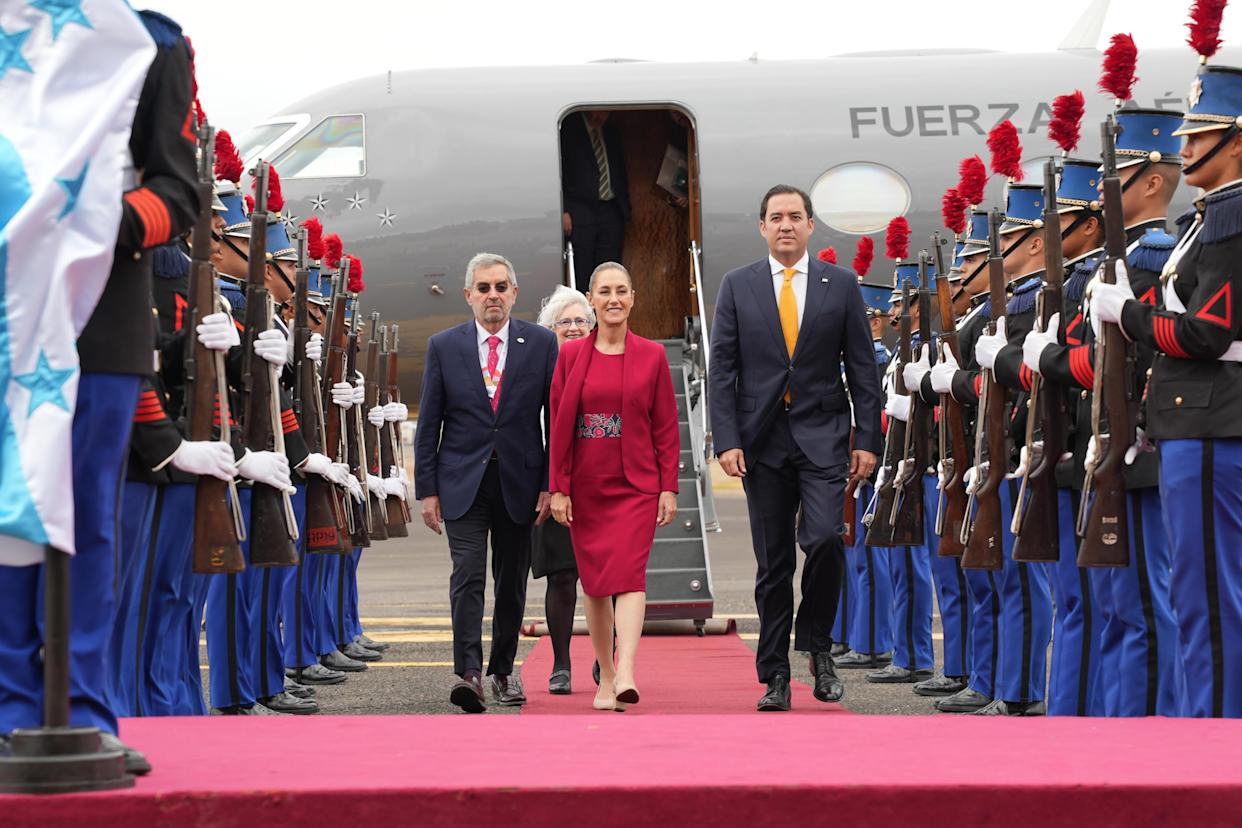
Mexican President Claudia Sheinbaum held bilateral meetings on Wednesday with the presidents of Uruguay (Yamandú Orsi), Guatemala (Bernardo Arévalo), Brazil (Luiz Inácio Lula da Silva), and Colombia (Gustavo Petro) ahead of her participation in the IX Summit of the Community of Latin American and Caribbean States (CELAC) in Honduras.
“Before the CELAC Summit, we met with the presidents of Uruguay, Guatemala, Brazil, and Colombia. We are sister nations that share a progressive vision,” Sheinbaum posted on social media.
During the meetings, Sheinbaum called for a Summit on Latin America’s Economic Wellbeing, in response to the ongoing U.S. tariff war. She stressed the urgent need for unity and solidarity among Latin American and Caribbean governments and peoples to deepen regional integration.
Amid the new round of tariffs imposed by U.S. President Donald Trump, Sheinbaum reiterated her belief that the economic integration Mexico has with North America should be extended to the entire continent.
Central America
Colombia to host fourth EU-CELAC Summit in November
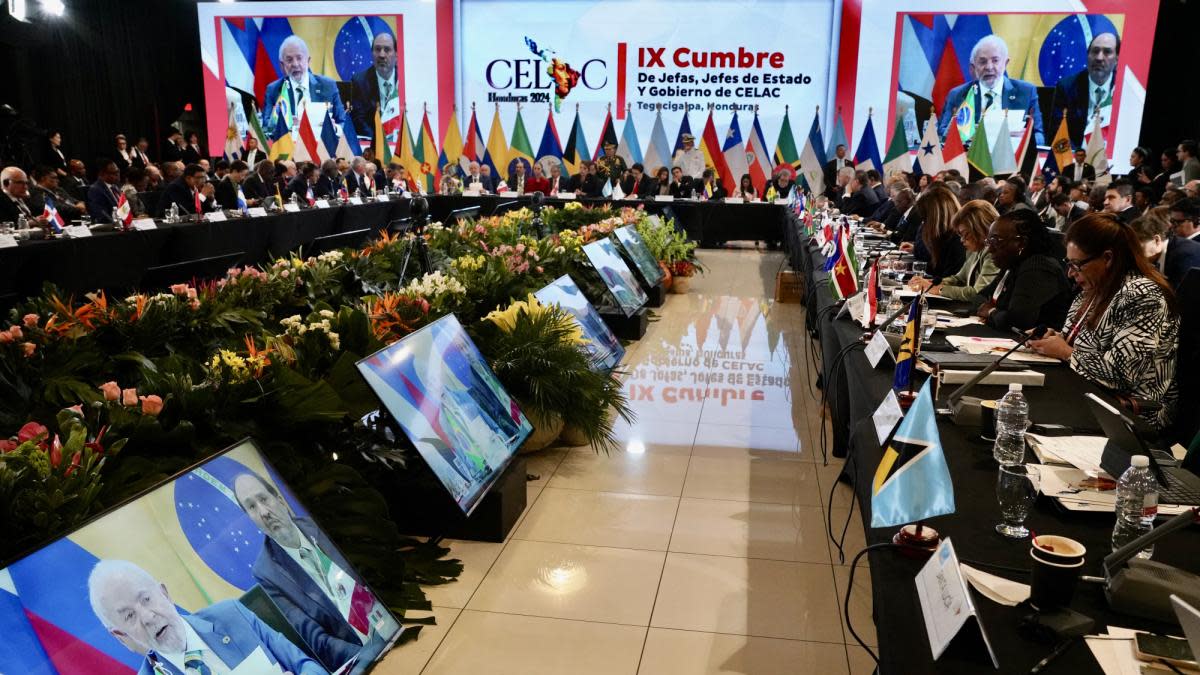
The Fourth Summit between the European Union (EU) and the Community of Latin American and Caribbean States (CELAC) will take place on November 9 and 10 in Santa Marta, Colombia, according to a joint statement released Wednesday by the Colombian government and the European Council.
The summit will be co-chaired by Colombian President Gustavo Petro, in his role as pro tempore president of CELAC, and European Council President António Costa, the statement added.
The last EU-CELAC summit took place in July 2023 in Brussels, when both blocs agreed to hold these meetings every two years.
The summit brings together the 27 EU member states and the 33 CELAC countries, representing 14% of the global population, 21% of global GDP, and one-third of the members of the United Nations, the communiqué noted.
Central America
CELAC condemns unilateral sanctions in ‘Tegucigalpa Declaration’
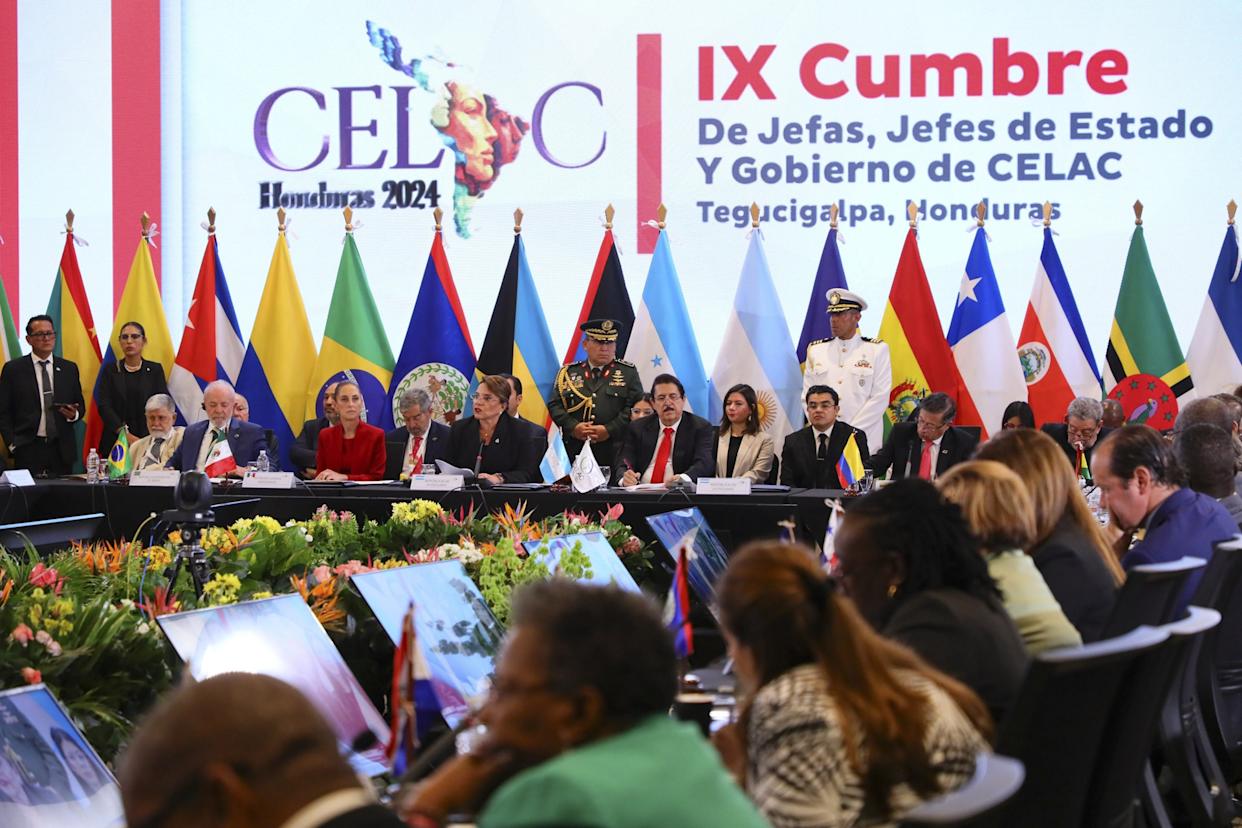
The Community of Latin American and Caribbean States (CELAC) formally rejected on Wednesday the “imposition of unilateral coercive measures that violate International Law, including those that restrict international trade.”
This position was expressed in the “Tegucigalpa Declaration,” which was “adopted by sufficient consensus among 30 member states” out of the 33 countries that make up the regional organization.
According to Honduran Foreign Minister Eduardo Enrique Reina, there was “sufficient consensus among 30 states” to adopt the declaration, with three countries distancing themselves from the resolution.
“Argentina, Paraguay, and Nicaragua decided not to adopt the declaration for their own reasons,” Reina explained.
-

 Internacionales4 days ago
Internacionales4 days agoErik Prince Backs Ecuador’s Daniel Noboa in Fight Against Crime and “Narcoterrorism”
-

 Central America4 days ago
Central America4 days agoGuatemala’s Legal Chief Shot Dead in Parking Lot: Investigation Underway
-

 Central America3 days ago
Central America3 days agoHonduras Hosts CELAC Summit Amid Regional Concern Over U.S. Deportations
-

 Central America3 days ago
Central America3 days agoMulino and Orsi Highlight Shared Vision After Panama Joins Mercosur as Associate State
-

 International3 days ago
International3 days agoTeachers in Southern Mexico Bring Education to Stranded Migrant Children
-

 International2 days ago
International2 days agoRussia and US to Meet in Istanbul for Diplomatic Talks on April 10
-

 Central America3 days ago
Central America3 days agoTrump Administration Asks Supreme Court to Block Return of Deported Salvadoran
-

 Central America2 days ago
Central America2 days agoAudit Exposes Major Breaches in Panama Canal Port Concession, $300 Million Owed to State
-

 Sports2 days ago
Sports2 days agoNeymar Returns to Santos Training After Month-Long Injury Layoff
-

 International2 days ago
International2 days agoScience Brings Back the Extinct Direwolf with Successful De-Extinction Project
-

 International2 days ago
International2 days agoMaduro Announces Economic Emergency Decree Amid Growing Tensions with the U.S.
-

 International2 days ago
International2 days agoTransgender Student Arrested at Florida Capitol for Using Women’s Restroom Under New State Law
-

 International5 hours ago
International5 hours agoMerengue concert turns to mourning as Jet Set collapse claims 136 lives
-
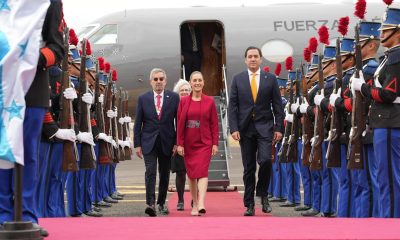
 Central America5 hours ago
Central America5 hours agoMexico’s president proposes regional economic summit at CELAC
-
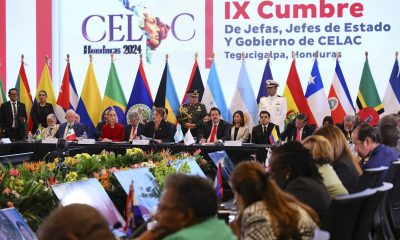
 Central America5 hours ago
Central America5 hours agoCELAC condemns unilateral sanctions in ‘Tegucigalpa Declaration’
-
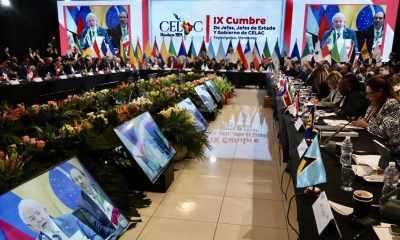
 Central America5 hours ago
Central America5 hours agoColombia to host fourth EU-CELAC Summit in November















